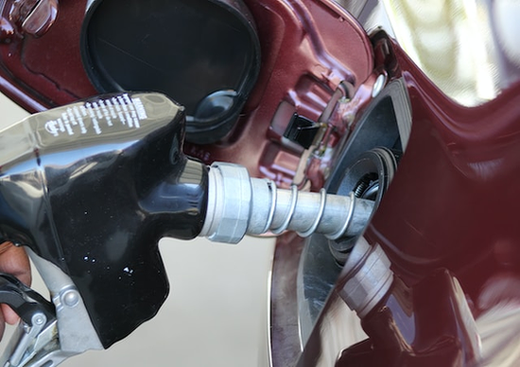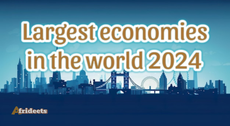Nigerian Fuel Subsidy: Balancing economic realities and social impacts
 Photo by Dawn Mcdonald on Unsplash
Photo by Dawn Mcdonald on Unsplash
Historically, Nigeria has been a major oil-producing country with significant reserves, and petroleum products play a crucial role in the country's economy. However, despite being an oil-rich nation, Nigeria has faced challenges in establishing and maintaining a functional and efficient domestic refining system. As a result, Nigeria has relied heavily on imported refined petroleum products, which can be costly due to factors such as transportation, exchange rates, and international market prices.
The fuel subsidy was introduced as a means to mitigate the impact of these costs on the Nigerian population. The government subsidizes the price of fuel, selling it at a lower cost than the market price to keep it affordable for consumers. The difference between the market price and the subsidized price is covered by the government through various mechanisms.
However, the fuel subsidy program has been a subject of debate and controversy in Nigeria for several reasons. One major concern is the high cost of the subsidy itself, which places a significant financial burden on the government. Critics argue that the funds allocated for subsidies could be better utilized in other areas, such as healthcare, education, or infrastructure development.
Additionally, the fuel subsidy system has been associated with corruption, inefficiency, and mismanagement. There have been instances of fuel subsidy fraud, where unscrupulous individuals and companies exploit the system to fraudulently claim subsidy payments for fuel that was never imported or sold. These fraudulent practices have resulted in substantial financial losses for the government and have hindered the effectiveness of the subsidy program.
Over the years, the Nigerian government has made attempts to reform or remove the fuel subsidy to address these concerns and reduce the strain on public finances. However, such attempts have often faced resistance and protests from the public due to fears that the removal of subsidies would lead to a significant increase in fuel prices and subsequently affect the cost of living for ordinary citizens.
However, the removal of the fuel subsidy will cause untold hardship causing an increase in fuel prices, as the cost of fuel shifts from being partially covered by the government to being borne entirely by consumers at the market rate. This can lead to higher fuel prices and potential impacts on the cost of living and transportation costs for the Nigerian population.
Fuel price increases can lead to higher transportation costs across various sectors, including public transportation, logistics, and delivery services. This, in turn, can contribute to inflationary pressures, as the increased costs are passed on to consumers through higher prices for goods and services.
The disparity between subsidized and market prices can create incentives for fuel smuggling and diversion. Some unscrupulous individuals and groups may exploit the subsidy system by diverting subsidized fuel to neighboring countries or selling it at higher prices in the black market, leading to shortages in the domestic market.
Many businesses rely heavily on fuel for transportation, machinery, and power generation. When fuel prices rise, operating costs increase, which can affect the viability and profitability of businesses. Small and medium-sized enterprises (SMEs) are particularly vulnerable to these cost increases.
Higher fuel prices have a cascading effect on the economy, as they can lead to increased costs for transportation, production, and distribution. This can contribute to inflationary pressures, as the overall cost of goods and services rises.
The removal of fuel subsidies can lead to social unrest and protests, as citizens may perceive it as a sudden burden on their livelihoods. Previous attempts to remove subsidies in Nigeria have been met with public resistance and strikes, highlighting the potential for social and economic disruptions.
Related articles


More articles »
Latest Posts

Top 5 best cheapest and fastest VPS hosting providers

What is remote work? (Meaning, Examples, Type, Pros and Cons)

How to become a professional Writer, (step-by-step guide)

Tips for becoming a successful public speaker, and monetizing your skill

Creating And Selling A Successful YouTube Channel
More Posts »